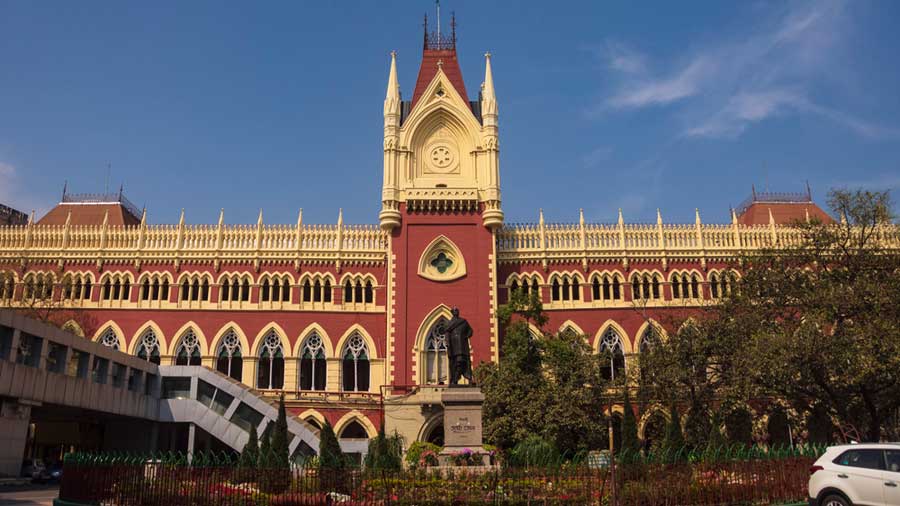-
by Admin
15 February 2026 5:35 AM



In a significant judgment that underscores the evolving nature of maintenance laws, the High Court of Kolkata, presided over by Hon’ble Justice Subhendu Samanta, has set a new precedent by enhancing the maintenance allowance of a petitioner, citing the necessity for it to be “commensurate with the income of the husband and the rising living costs.”
The case, Anjana Saha Vs. Subrata Sil & Anr., revolved around the petitioner, Anjana Saha, seeking an increase in her maintenance allowance. Originally set at Rs. 5,000 per month in 2003, the petitioner argued for an increase to Rs 12,500, pointing to escalated living expenses and the husband’s income as a railway employee. The Learned Magistrate initially revised the maintenance to Rs 6,500, which was contested as insufficient.
In his ruling, Justice Samanta noted, “In today’s economic context, a maintenance amount of Rs 6,500 is inadequate for a person to maintain a basic standard of living.” This observation is pivotal, highlighting the court’s recognition of the economic challenges faced by individuals seeking maintenance.
The High Court’s decision to increase the maintenance to Rs 10,000 marks a significant shift in the judicial approach towards maintenance cases. The judgment emphasizes the need for maintenance amounts to reflect the current economic realities and the earning capacities of individuals.
Justice Samanta’s decision also addressed the lack of substantial evidence regarding the husband’s income and liabilities. He referenced the Supreme Court’s guidelines in Rajnish Vs. Neha (2021) 2 SCC 324, which mandates the exchange of income and expenditure affidavits between parties, a practice not followed in this case.
In a critical observation, the judge stated that “The observation of the Criminal court in a criminal case initiated u/s 498A or 406 IPC between the husband and wife shall not disentitle the wife to get the compensation or enhanced compensation u/s 127 Cr.P.C.” This aspect of the judgment ensures that the outcome of criminal proceedings does not adversely impact maintenance claims, a point that has significant implications for future cases.
Date of Decision: 20 November 2023
Anjana Saha VS Subrata Sil & Anr.
